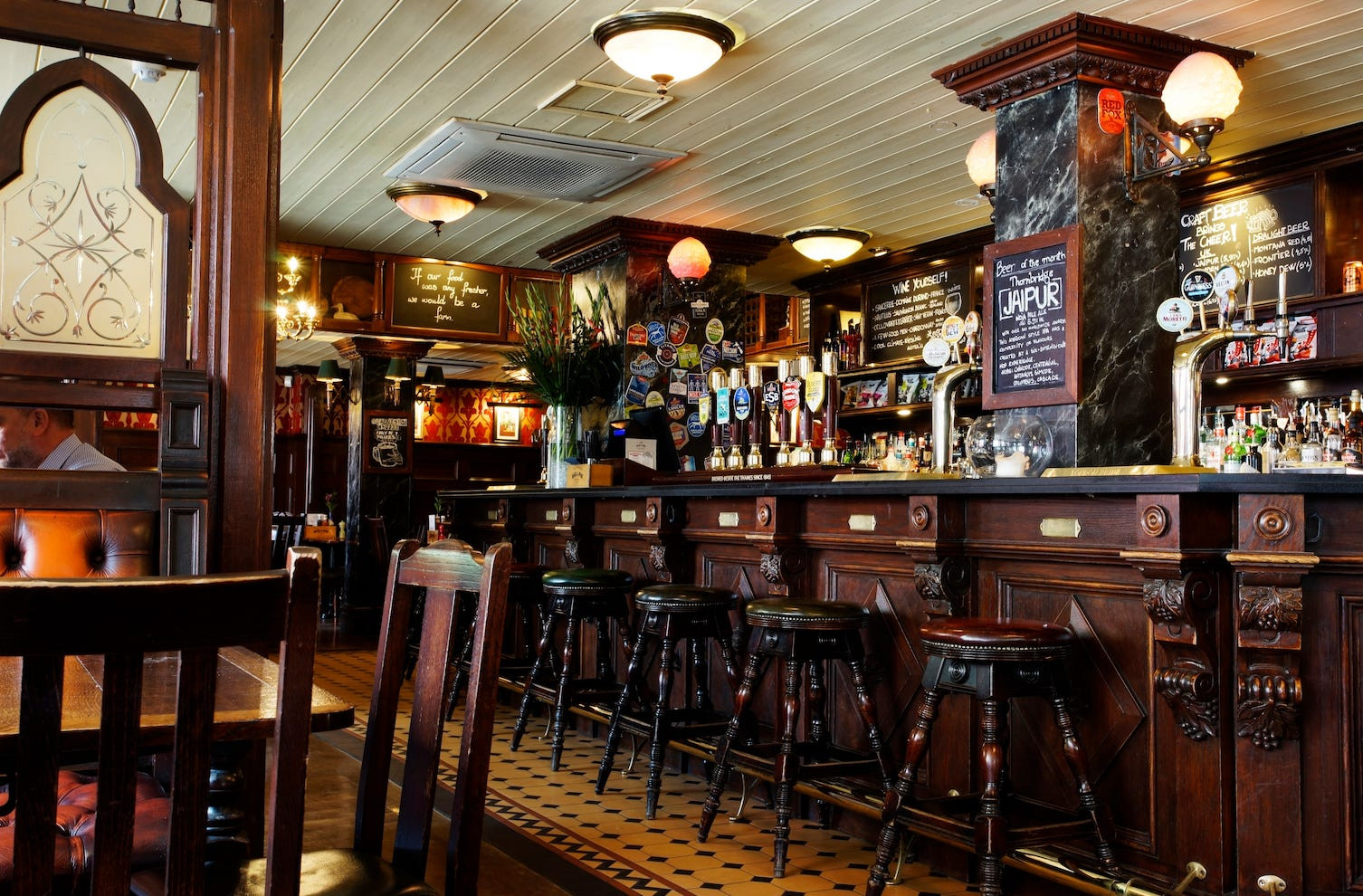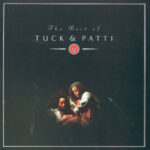“…Where everybody knows your name…
….And they’re always glad you came…”
Could any lyric more perfectly capture the essence of an ideal neighborhood gathering spot? It’s hard to imagine a better description.
The iconic Cheers Intro Song, officially known as “Where Everybody Knows Your Name,” has become synonymous with comfort, community, and belonging. This beloved tune actually began its journey as a different song entirely, crafted by the talented songwriting duo Gary Portnoy and Judy Hart Angelo for a Broadway musical titled Preppies. Originally titled “People Like Us,” the song’s potential was recognized by television producers Glen and Les Charles, who were seeking the perfect theme song for their upcoming NBC sitcom. The show was set in a cozy bar in Boston, Massachusetts, and they needed music that would immediately evoke that warm, welcoming atmosphere.
Like many timeless songs, the lyrics of what would become the Cheers theme song underwent several revisions before reaching their final, unforgettable form. However, Portnoy and Angelo’s dedication ultimately paid off in a big way. Both TV Guide and a Rolling Stone magazine reader’s poll have lauded “Where Everybody Knows Your Name” as the greatest television theme song of all time. And Cheers itself? The show became a television phenomenon, running for an impressive 275 episodes across eleven seasons. It also gifted us with one of TV’s most memorable mailmen (rivaled only by Newman from Seinfeld), the lovable know-it-all, Cliff Clavin.
Musically, the Cheers intro song is a quintessential example of soft rock brilliance. The song’s defining characteristics – the inviting piano intro, the subtle synth pads creating a warm sonic backdrop, Gary Portnoy’s layered vocals, and the signature soprano sax solo – all perfectly encapsulate the sound of the early 1980s. These elements, in all their ‘moussed glory’, contribute to the song’s nostalgic charm. However, it’s the opening lyric of the refrain that truly elevates the song to timeless status. In just ten carefully chosen words, Portnoy and Angelo brilliantly articulated the universal human longing for familiarity and connection, expressing it in a catchy and perfectly rhyming couplet.
 Cheers bar exterior at night, warmly lit, with people visible inside, evoking a sense of welcome.
Cheers bar exterior at night, warmly lit, with people visible inside, evoking a sense of welcome.
Reflecting on my childhood, I have vague recollections of watching Cheers on television with my parents. As a child, much of the show’s humor and adult themes were lost on me. The very concept of adults intentionally gathering in a public place simply to converse with other adults for leisure seemed utterly baffling to a kid primarily concerned with acquiring new toys, engaging in exciting activities, and catching the latest episodes of Teenage Mutant Ninja Turtles. Similarly, while I understood the literal meaning of the Cheers theme song, its deeper significance was completely beyond my grasp. To my young mind, “Where everybody knows your name” sounded suspiciously like school, which was definitely not my preferred destination.
It wasn’t until I grew older and moved to the sprawling metropolis of New York City that Portnoy and Angelo’s lyrics truly began to resonate. Suddenly, I was a newcomer in a demanding and often isolating city, striving to establish myself as a musician while burdened by student loan debt and mounting credit card interest. In the city, my story was far from unique; I was, in many ways, the archetypal “starving artist.” Yet, there was a small neighborhood bar just down the street from my apartment that consistently offered a sense of solace and encouragement. This wasn’t primarily due to the alcohol, as I wasn’t much of a drinker, but rather because of the people. Inside, I wasn’t just another face in the crowd; I was Scott, the guy who does the piano mashups. While I didn’t know the regulars intimately, and they didn’t truly know me, it didn’t seem to matter. After navigating a long day of crowded subway commutes and braving the biting city winds, simply seeing their familiar faces was always a welcome comfort.
The beauty of a great neighborhood bar lies in its ability to foster a sense of community that embraces both long-time residents and newcomers alike. It allows established community members to maintain their traditions and social connections, while simultaneously offering a space for new arrivals to integrate into the local fabric. For those living far from their hometowns, these bars provide a comforting and familiar refuge, a stark contrast to the impersonal environment of many corporate workplaces. For those who have always lived nearby, welcoming new faces into the fold creates opportunities for cultural exchange and mutual enrichment. It’s a truly symbiotic relationship. In fact, if the notoriously thin profit margins and bureaucratic hurdles associated with running such an establishment weren’t so challenging, it could even be considered a “win-win-win” situation – with the final “win” being a well-deserved one for the bar owner who cultivates such a vital community hub.
It arguably took the recent global pandemic for the crucial role of the neighborhood pub to truly gain widespread recognition. As we retreated from public spaces and shifted our lives online – working remotely, enduring the challenges of “Zoom School,” and endlessly streaming Netflix series – we began to experience a profound sense of loss that was, at first, difficult to articulate. We remained connected with family and close friends, continued working and managing our households, but a persistent void remained. Eventually, the realization dawned: something essential was missing in our lives – the casual interactions with those folks we hardly knew. The friendly barista who always remembered our coffee order, the quirky coworker in accounting with the collection of novelty ties who attempted to boost morale with often-misguided jokes, the kindly older gentleman at the bar who always removed his hat upon entering and proudly shared photos of his grandchildren – these seemingly minor connections were, in fact, deeply significant.
As it turns out, these so-called “weak ties” are the very social bonds that allow us to feel connected to a broader community beyond our immediate circle of family and close friends. Our interactions with these weak ties are often brief and superficial – a casual smile, a quick chat about the weather – but they provide a vital sense of reassurance that we are part of a larger social fabric, surrounded by friendly fellow humans navigating the world alongside us. This sense of belonging is not only crucial for the overall health of our communities but also for the well-being of our close friendships and romantic relationships. Different types of relationships and friendships fulfill different social and emotional needs, and when we attempt to place the weight of all these needs on a single person or a small group, the burden can become unsustainable.
 Cheers bar exterior at night, warmly lit, with people visible inside, evoking a sense of welcome.
Cheers bar exterior at night, warmly lit, with people visible inside, evoking a sense of welcome.
The neighborhood bar embodies the purest form of these vital weak ties: a space filled with fellow travelers, present “here not for a long time, but for a good time.” These are people who recognize us, even if they only know us in the dim lighting of the evening. They are individuals grappling with their own set of challenges, perhaps different from our own, but equally significant in their lives. We may know their names and faces, and perhaps little else, but that’s often all we need. We feel a sense of kinship with them, and they with us, as we engage in casual conversations, order rounds of drinks, and watch sports highlights on television, all in unspoken affirmation of our shared humanity.
There’s a growing sentiment that our future is primarily digital, that our physical world has already merged with the digital realm, and that the next stage of human evolution lies in further exploring the metaverse. Proponents of this view often minimize the importance of in-person interactions – be it school, work, or social gatherings – suggesting that, with sufficient technological advancement, a simulated reality will become indistinguishable from genuine experience. I personally find this perspective unconvincing, and frankly, undesirable.
To be clear, I am immensely grateful for the ways in which modern technology enables us to connect with family members across vast distances, to share ideas and collaborate across continents, and to find connection even in moments of isolation. I have personally benefited from these advancements both as a musician and as an individual. However, technology, however sophisticated, remains an imperfect substitute for authentic human connection. We should not delude ourselves into believing that any amount of technological replication can truly replicate the richness and complexity of real-world experiences.
I don’t envision a future where our weak ties exist solely as online avatars, where the beautiful messiness of the real world is smoothed over by a digitally rendered perfection, and where individuals live in isolated contentment, pacified by a constant stream of digital distractions. I yearn for a world where our experiences are imperfect yet deeply felt, where we express our emotions openly, not just through status updates, and where our weak ties, though not intimate, are nonetheless tangible and meaningful. A world where we uplift our fellow humans simply by sharing physical space – that almost mythical place we all long for, “where everybody knows your name.”
Glen and Les Charles demonstrated remarkable foresight when they chose Portnoy and Angelo’s song to be the Cheers theme song, featuring it prominently throughout all eleven seasons of the show. Perhaps they had an intuition about the societal shifts to come. Or perhaps they simply understood the ingredients of great television, having already produced iconic shows like The Bob Newhart Show and Taxi. Regardless of their precise motivations, the lyrics of the Cheers intro song are now indelibly etched into our collective consciousness:
Making your way in the world today takes everything you’ve got. Taking a break from all your worries, sure would help a lot. Wouldn’t you like to get away? Sometimes you want to go…
…Where everybody knows your name, and they’re always glad you came. You wanna be where you can see, our troubles are all the same You wanna be where everybody knows your name.
…
“NORM!”
-SB

